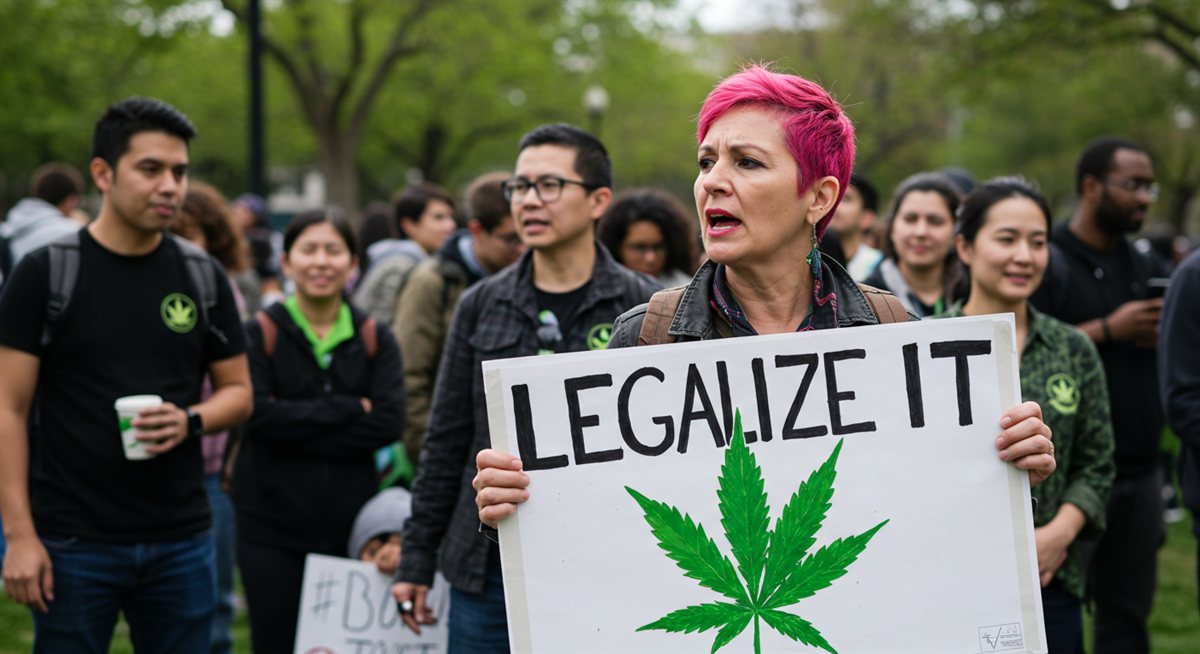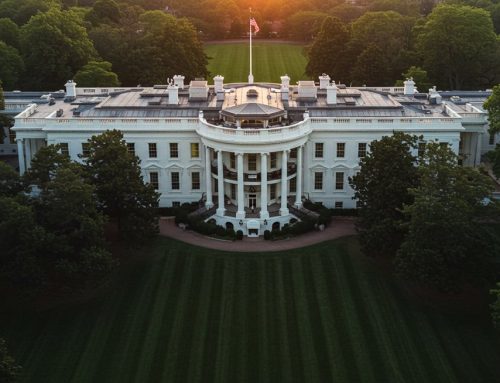DEA Rescheduling Efforts Face Delays
The Drug Enforcement Administration (DEA) initiated proceedings in early 2025 to consider reclassifying cannabis from Schedule I to Schedule III under the Controlled Substances Act. This move was intended to acknowledge the accepted medical use of cannabis and ease restrictions on research.
However, the rescheduling process has encountered major delays. A hearing scheduled to begin in January 2025 was postponed due to procedural issues and the need for additional evidence. As of April, no new hearing date has been announced, and the process remains stalled. The uncertainty has frustrated advocates, researchers, and industry stakeholders awaiting federal policy shifts.
The delay underscores the challenges inherent in the administrative rule-making process, particularly when dealing with substances that have long been subject to strict federal control.
Legislative Initiatives Stall in Congress
Several legislative efforts to reform federal cannabis policy have been introduced but have made little headway. The SAFER Banking Act, designed to give cannabis businesses access to banking services, was reintroduced earlier this year but remains stuck in committee discussions.
Similarly, broader legislation such as the Cannabis Administration and Opportunity Act, which seeks to decriminalize cannabis at the federal level and establish a regulatory framework, has not advanced. Partisan divisions and competing priorities have made cannabis reform a difficult issue to move forward in Congress.
The lack of legislative progress leaves cannabis businesses vulnerable to regulatory inconsistencies, banking difficulties, and tax burdens that continue to impede growth and investment.
State-Level Legalization Efforts Advance
While federal action remains sluggish, state-level cannabis legalization efforts continue to expand. As of April 2025, 38 states have legalized medical cannabis, and 24 states allow recreational adult-use cannabis. Several additional states, including Florida and Ohio, are preparing for major cannabis initiatives on their 2025 ballots.
This expansion increases the gap between state legalization efforts and federal prohibition. It also complicates compliance for multi-state operators and introduces new challenges related to transportation, banking, and taxation across jurisdictional lines.
The momentum at the state level continues to put pressure on federal lawmakers to update national cannabis policy to reflect changing public sentiment and practical realities on the ground.
Industry Faces Growing Economic Challenges
The cannabis industry continues to face significant financial pressures. Without access to traditional banking, many businesses operate on a cash-only basis, leading to security risks and operational inefficiencies. Furthermore, Section 280E of the IRS Code prevents cannabis businesses from deducting standard business expenses, inflating their effective tax rates.
Market volatility, particularly in mature markets like California and Oregon, has further strained cannabis businesses. Oversupply, falling wholesale prices, and competition from unregulated markets have squeezed profit margins.
Until federal reform eases these burdens, many cannabis operators will continue to face an uphill economic battle despite strong consumer demand.
Outlook for Federal Cannabis Reform
The path to comprehensive federal cannabis reform remains uncertain. Although there are signals that rescheduling and banking access are gaining political traction, the timeline for substantive change remains unclear. Upcoming elections could reshape the political landscape, potentially giving new momentum to cannabis reform efforts.
For now, cannabis businesses must continue to navigate a fragmented regulatory environment marked by state-federal conflicts, regulatory ambiguity, and persistent financial barriers. Advocacy for change remains strong, but real progress may depend on broader shifts in federal legislative priorities.






